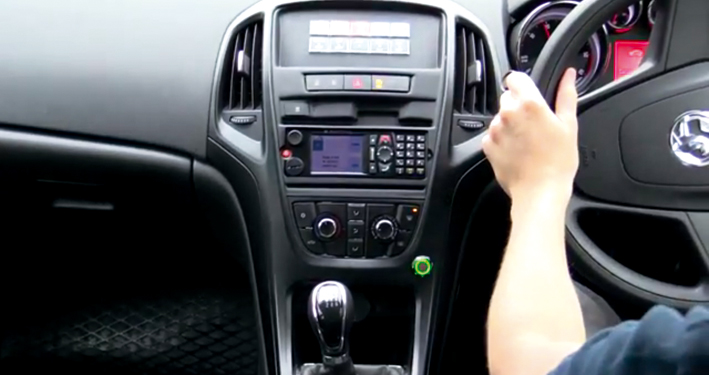Opportunities outweigh the challenges posed by IoT
A digitally-skilled police force will be essential to address the new challenges posed by the Internet of Things (IoT), claims a new report.
A digitally-skilled police force will be essential to address the new challenges posed by the Internet of Things (IoT), claims a new report.
In particular, it says a new model for partnership with industry and academia will need to be created for police forces to access the specialist external skills and capabilities needed.
Assistant Chief Constable Richard Berry, chief officer lead for the National Police Chiefs Councils digital investigations and intelligence programme, said the digital environment presents a number of challenges for public safety and the prevention and detection of crime.
Police forces across the country have already adapted locally and there are many pockets of good practice. However, digital challenges can be different to those previously familiar to many in policing, he added.
The report from industry representative body techUK and the Centre of Public Safety Policing and the Internet of Things explores how police forces can meet the challenges and embrace the opportunities associated with the IoT.
The report gives recommendations on the first steps to creating a digitally-skilled police force that is prepared for the growing uptake of the IoT.
Cybercrime and online fraud are now the most common crimes in the country, with almost one in ten people falling victim, and it is anticipated that, with the proliferation of connected devices and sensors and the IoT, incidents of cybercrime will continue to rise significantly, says the report. Police will increasingly have to respond to new threats, ranging from ransomware through to new ways to evade detection.
On the other hand, it says the IoT presents enormous opportunities to help police better serve their communities, provide public safety and save money.
In addition to a new partnership model to address the challenges, it recommends the redeployment of the Security Index, listing the devices and applications most targeted by criminals, and improved public outreach and a prominent police voice working closely with the National Cyber Security Centre and GCHQ, when fighting cybercrime.
To maximise the opportunities, the report recommends:
Improved digital skills across the policing curriculum to give officers greater confidence in using technology;
Greater resources for public safety app creation, including public crime-reporting apps and a crime-monitoring app built into a connected infrastructure; and
Boosting existing digital expertise and positioning cyber security as a corporate social responsibility, so volunteering as a special constable is included as a way of fulfilling a companys corporate social responsibility requirements.
Working in new partnerships will help the police service discover and respond to threats and opportunities better and, in particular, closer working with industry will be critical, said Mr Berry.
In order to fight crime in the digital age, it is vital that police have a good understanding of market capabilities. It will be important to ensure a regular exchange of ideas is facilitated, for police and industry to work collaboratively in responding to new crime and security issues.
This report sets out six incremental steps, which will help police forces meet the challenges presented and harness the opportunities available. Beyond this, I hope this report sparks discussion and debate for how we, as the police service can rise to the challenges of Digital Darwinism.
Henry Rex, programme manager for justice and emergency services at techUK, said trends indicate that most crimes will soon involve some use of the internet, or create some form of digital footprint.
Police forces will require the resources and skills to respond to this, he added. With this in mind, the police should look for closer collaborations with new partners, especially in industry and civil society to reduce the risk and acquire the right technologies to do their work effectively.
If the police can get to grips with the IoT now, they will not only be able to m





